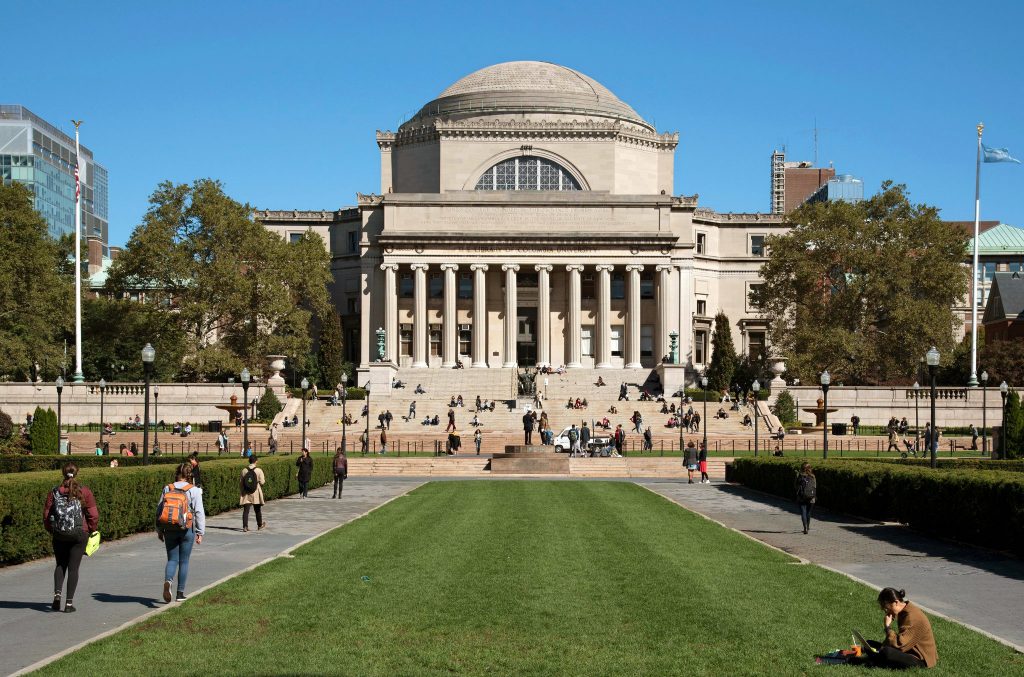What to do if you’ve been deferred
Some colleges and universities just can’t admit all of the students they would like to via early decision or early action (“ED” or “EA”), so they defer a few and evaluate them again during regular decision (“RD”). These candidates have a shot (albeit small) at getting admitted RD. However, some schools just defer everyone or almost everyone—the dreaded courtesy deferral. Most students that fall into this category should move on. But before doing anything to “work” a deferral:
1. Stay positive for RD, or preferably, early decision II (“ED II”), and keep moving forward!
2. Consider ED II. Not all schools have ED II; check your Common App to see if ED II is offered at any schools on your list.
3. Understand the RD numbers. The RD round is tough; it is smart to get familiar with the RD numbers and understand why ED II can present a significant advantage over RD. Read this chart. Pay particular attention to the percentage of the class filled by early plans.
Other Tips:
–Get your guidance counselor’s support. Have your guidance counselor call the admissions office and advocate for you, as well as provide any additional information they may have that will support your candidacy. Ask them to back up what they say on the phone in an email. If they are willing, have them send an additional note to the top 1-2 schools on your list.
-Make sure updated grades/transcript are sent promptly. Your grades should have remained the same or improved, not dipped.
–Get an extra letter of recommendation*. This letter could be written by a teacher, coach, or someone else close to you who can speak to your background, performance, and potential.
*Side note on alumni letters and letters from well-known or famous people. Many students ask if these are helpful to send, and the answer is no unless the person really knows you or they have a solid connection to admissions.
–Make contacts locally and talk to students and alumni. Reach out to local alumni chapters and ask if there is anyone willing to meet with you for an informal informational interview. Use this meeting as an opportunity to learn more about the school, and demonstrate your interest in attending. Information learned in these meetings are beneficial to include in your deferral letter.
-Write a deferral letter. This letter should contain information updating the school on what you’ve been up to, both inside and outside of the classroom since the time you applied.
Secondary Efforts:
-Visit the school and swing by admissions to reiterate interest. Sit in on a class and take advantage of any admissions events and/or programming you may not have the first time around. Keep in mind that if you already visited and the school is more than a drive or train ride away, this might seem extravagant.
-Use social media to your advantage. Don’t be afraid to follow your top choice schools on Facebook, Instagram, Snap or other social channels. Most schools also have LinkedIn pages you can follow. These touch points likely won’t help significantly, but can’t hurt as a way to demonstrate interest.
*Stay in the know! Subscribe for news, tips, and advice*








